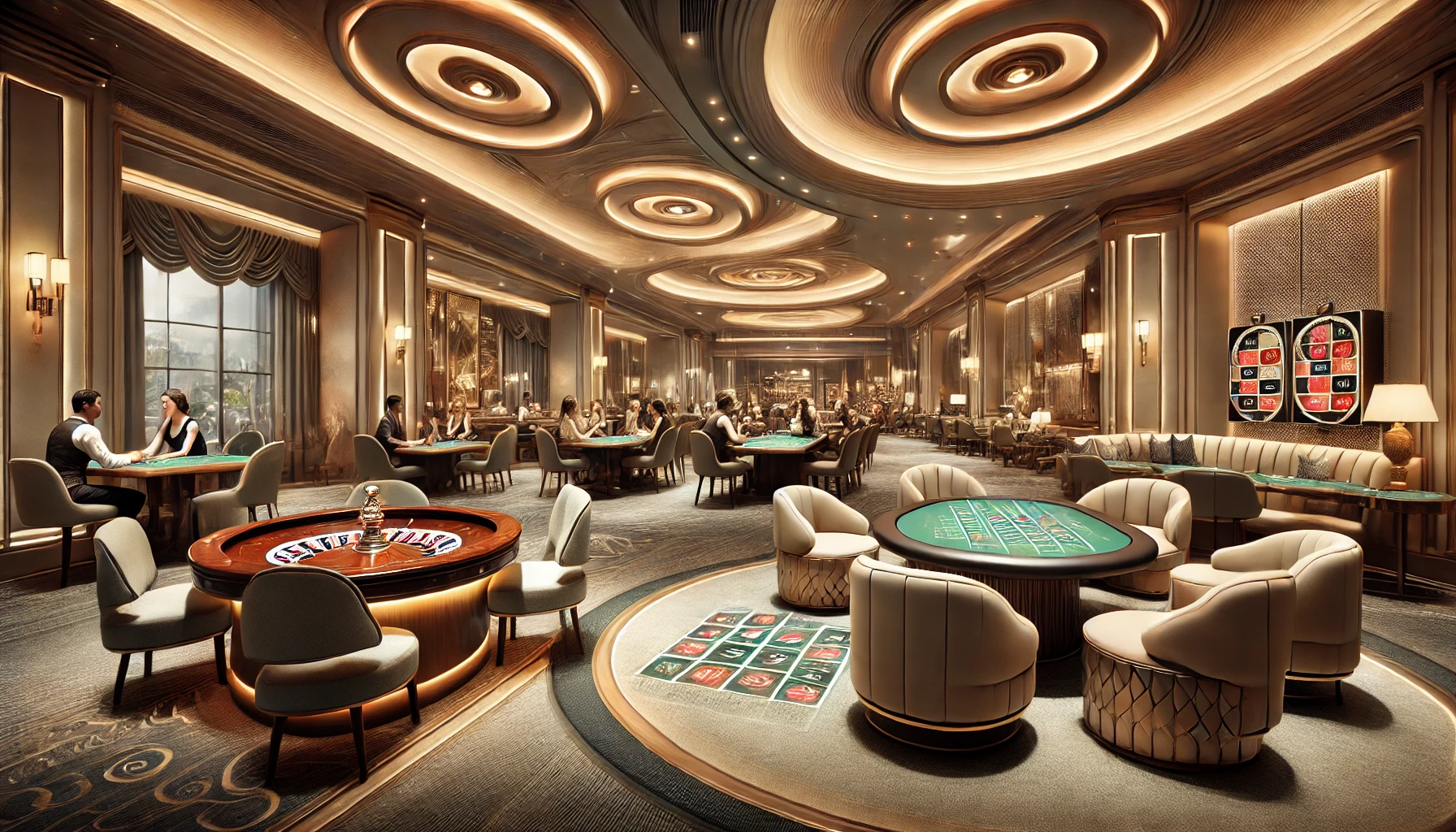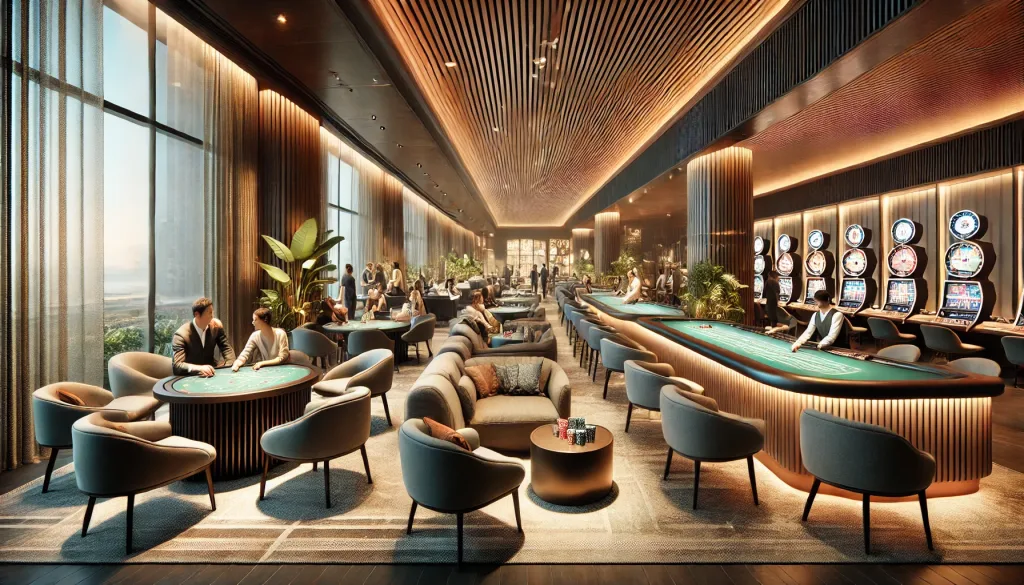The Influence of Music on Casino Player Behaviour

Music plays a significant role in shaping the atmosphere and behaviour within casinos. This article delves into the psychological effects of various music genres on players, highlighting key research findings and real-world applications. Casinos have long understood the importance of background music as a tool to create a desired mood and influence player actions. By leveraging the right combination of tempo, volume, and genre, casinos can subtly guide player behaviour while enhancing their overall gaming experience.
Music Genres and Their Psychological Impact
Different genres of music evoke distinct emotional and behavioural responses, making them a powerful tool for influencing casino players. For instance, upbeat and fast-paced music can create a sense of urgency, encouraging players to make quicker decisions. Conversely, slow and melodic tunes foster a relaxed atmosphere, potentially extending playtime. Studies show that players exposed to varying music genres tend to adapt their gaming pace and spending patterns accordingly, often without even realising it.
One notable study explored the effects of pop music in casino environments. It found that players were more likely to take risks and increase their bets when exposed to familiar and lively tracks. This demonstrates how casinos can use specific genres to create excitement and engagement, boosting the likelihood of extended play sessions. The ability to elicit such responses makes music selection an essential aspect of casino management.
How Classical Music Encourages Spending
Research suggests that classical music, often associated with sophistication and luxury, can subconsciously encourage players to spend more. Casinos that aim to project an upscale image frequently use this genre to align with their brand identity, subtly influencing player behaviour. The refined atmosphere created by classical tunes often leads players to feel more at ease, increasing their willingness to make higher bets or participate in premium gaming options. This psychological effect reinforces the connection between perceived value and player engagement.
Tempo and Player Decisions
The tempo of background music is a critical factor in determining its impact on player decisions. Fast tempos can lead to impulsive actions, such as placing higher bets or engaging in more rounds. This heightened pace is especially evident in high-energy areas like slot machine zones, where quick gameplay matches the dynamic rhythm of the music. In contrast, slower tempos create a more measured and thoughtful gaming experience, often favoured in table game areas to promote strategic decision-making.
Tempo also affects how long players stay within the casino. Faster tempos tend to energise players, keeping them engaged for shorter bursts of time, whereas slower music encourages a more prolonged visit. Casinos can strategically adjust the tempo throughout the day to manage player flow and maximise revenue during peak hours.
The Role of Volume in Decision-Making
Apart from tempo, the volume of music also plays a pivotal role. Moderate volume levels create a balanced environment conducive to strategic thinking, while louder music can overwhelm players, pushing them towards instinctive choices rather than calculated ones. Volume levels must be carefully managed to suit different gaming zones, as excessive noise can lead to discomfort, while overly quiet environments might feel uninspiring. By fine-tuning both tempo and volume, casinos can craft an experience that caters to diverse player preferences.

Customising Music to Target Demographics
Casinos often tailor their music selections to suit the preferences of their target audience. For example, younger players may respond positively to modern pop or electronic dance music, while older demographics might prefer classic hits or jazz. This targeted approach enhances the overall player experience and encourages return visits. By aligning music with demographic expectations, casinos can build stronger emotional connections with their clientele, fostering brand loyalty over time.
Customisation extends beyond age groups. Casinos in different regions may incorporate culturally specific music to create a sense of familiarity and belonging. For example, a casino located in a region with a rich cultural heritage might feature traditional music to resonate with local patrons. This thoughtful approach not only improves the gaming experience but also demonstrates a deep understanding of customer needs.
The Importance of Cultural Sensitivity
In multicultural environments, selecting culturally appropriate music is essential. Casinos must consider the cultural backgrounds of their clientele to avoid alienating any groups while creating a welcoming atmosphere for all players. Missteps in music selection can lead to discomfort or disengagement, which may negatively impact player retention. By embracing cultural sensitivity, casinos can ensure that every visitor feels valued and understood, enhancing their overall experience.
